Latest News
2016 Bloodiest Year for Journalists in Afghanistan
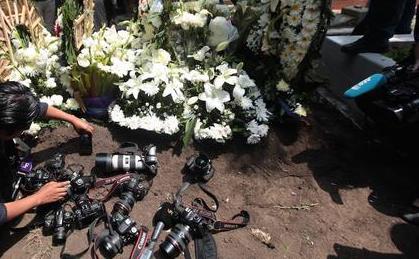
 2016 was the deadliest and bloodiest year for journalists in Afghanistan with a 38 percent increase in violence against journalists compared to the previous years.
2016 was the deadliest and bloodiest year for journalists in Afghanistan with a 38 percent increase in violence against journalists compared to the previous years.
Afghanistan Journalist Safety Committee (AJSC) said in a report released on Thursday said that With 13 killed, 2016 was the deadliest year for journalists in the history of Afghanistan's media.
According to the report, 6 journalists were wounded during the year, while the agency also documented, "30 cases of beating, 35 cases of intimidation, and 17 cases of abuse and mistreatment."
With 101 cases in total, the year saw a spike of 38 per cent in instances of violence against journalists compared to 2015, with 50 per cent attributed to the government of Afghanistan, while the Taliban accounted for 20 per cent. Most of the remaining cases were attributed to unknown individuals.
"An increase in the level of threats and attacks against journalist and media by the Taliban has not only transformed the nature of the threat environment, but also forced extensive self-censorship on journalists who work in the insecure areas of the country," the report said.
"Not only the violence became heavier in terms of qualitative but the statistics also show a 38 percent increase in violence," said Najib Sharifi, head of AJSC.
AJSC calls on government to take serious measures for reducing violence against journalists in the country.
"We urge the government leaders and the international community to take this issue serious and also take serious measures regarding this issue," Sharifi added.
The AJSC is demanding that the Afghan government ends the culture of impunity surrounding journalist deaths. It warns that otherwise the country will lose its vibrant local media, one of Afghanistan's greatest achievements since the 2001 fall of the Taliban.
Journalists’ rights bodies blame the Afghan government and militant groups for committing violence against journalists, urging the government to protect them from further threats.

Latest News
Chinese company interested in building a hydroelectric dam on Kokche River
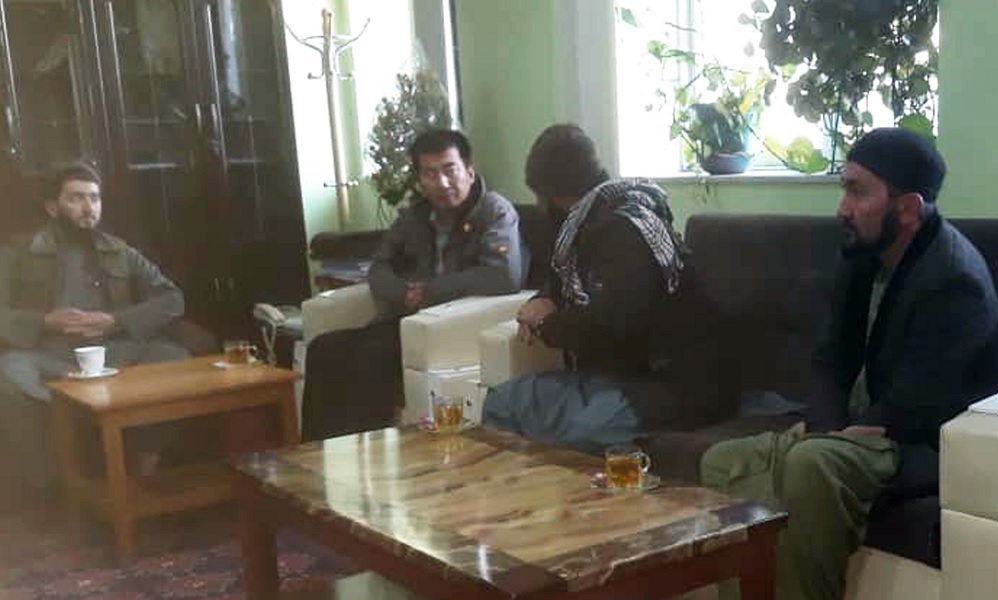
A Chinese company has expressed interest to invest in building a hydroelectric dam on the Kokcha River in northeastern Afghanistan, the Ministry of Energy and Water said on Thursday.
The ministry said in a statement hat the head of the Chinese company met with Sirajuddin Wahaj, provincial director of energy and water in Takhar, and the technical team of the ministry.
The technical team of the ministry and the provincial director of energy and water in Takhar welcomed the company's interest and promised cooperation in this regard.
Latest News
At least 20 children killed in Pakistani airstrikes in Paktika: UNICEF
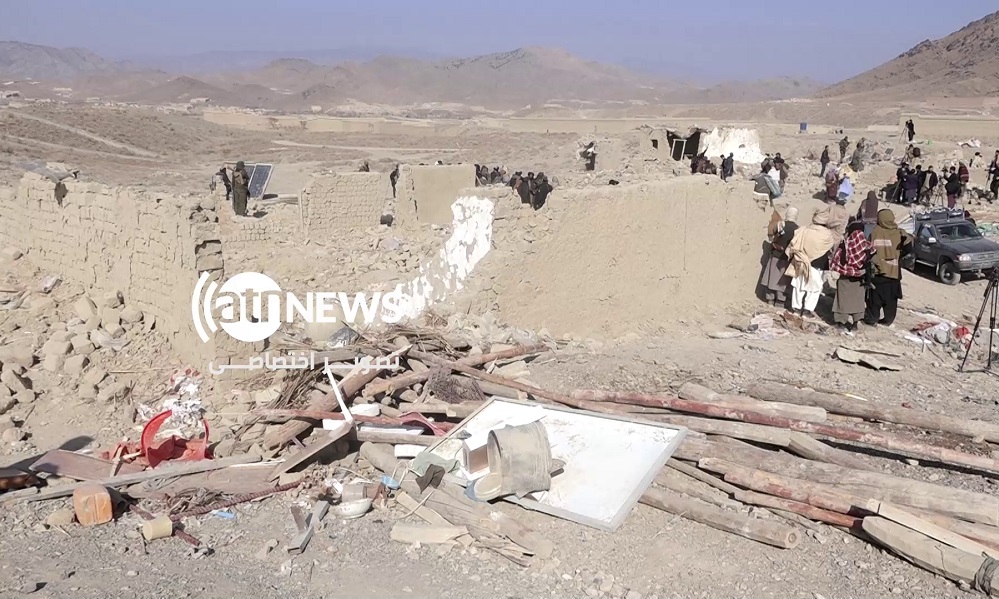
At least 20 children have been killed in Pakistani airstrikes in Afghanistan's eastern Paktika province, the United Nations Children's Fund (UNICEF) said on Thursday.
"UNICEF is deeply saddened by reports that at least 20 children have been killed in an attack near the border in eastern Afghanistan. Our sincere condolences to those who have lost loved ones. Children are not and must never be a target," Sanjay Wijesekera, UNICEF's regional director in South Asia, said.
Pakistan carried out airstrikes on Paktika's Barmal district on Tuesday night. The Islamic Emirate said 46 people were killed in the strikes.
Latest News
PM’s political deputy says IEA won’t hesitate to defend Afghans
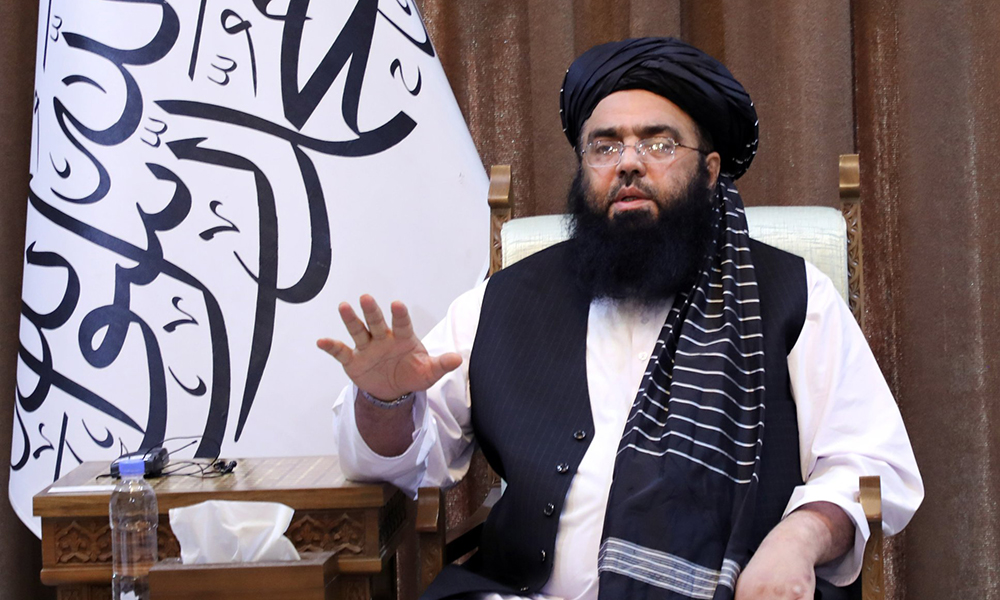
Mawlawi Abdul Kabir, the Deputy Prime Minister for Political Affairs, stated that the Islamic Emirate of Afghanistan (IEA) will not hesitate to defend the Afghan people and will reject any party's directives.
Speaking at a program at Kabul University, Kabir emphasized that the IEA does not allow any armed groups to operate on Afghanistan's soil. He also remarked that false accusations against Afghanistan serve no constructive purpose and only worsen relations, leading to increased violence.
Kabir welcomed the reopening of the Saudi Arabian embassy in Kabul, calling it a positive step in bilateral relations.
Additionally, he highlighted the IEA's efforts to enhance the education system, ensuring that students receive both modern education and religious training.
Kabir affirmed that Afghanistan's educational system is grounded in Islamic and Afghan values, free from the influence of any political factions.
-

 Business5 days ago
Business5 days agoShoemaking industry in Takhar province facing stagnation
-

 Latest News5 days ago
Latest News5 days agoA new polio vaccination campaign is set to launch in Afghanistan
-

 Latest News5 days ago
Latest News5 days agoEight Afghan migrants die as boat capsizes off Greek island
-
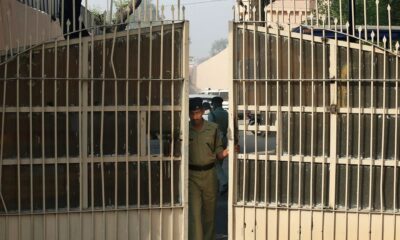
 Latest News3 days ago
Latest News3 days agoOver 50 Afghan inmates freed from Pakistani prisons
-

 Science & Technology5 days ago
Science & Technology5 days agoAlbania bans TikTok for a year after killing of teenager
-
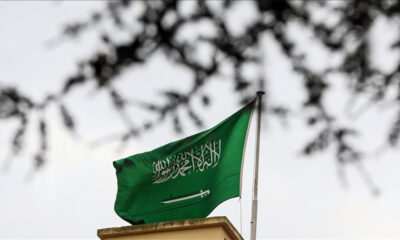
 Latest News4 days ago
Latest News4 days agoSaudi Arabia reopens embassy in Afghanistan
-

 Latest News4 days ago
Latest News4 days agoTrump criticizes abandoning of equipment in Afghanistan, vows to rebuild military
-

 Latest News5 days ago
Latest News5 days agoHuman traffickers should be sentenced to 1 to 3 years in prison: IEA leader
















